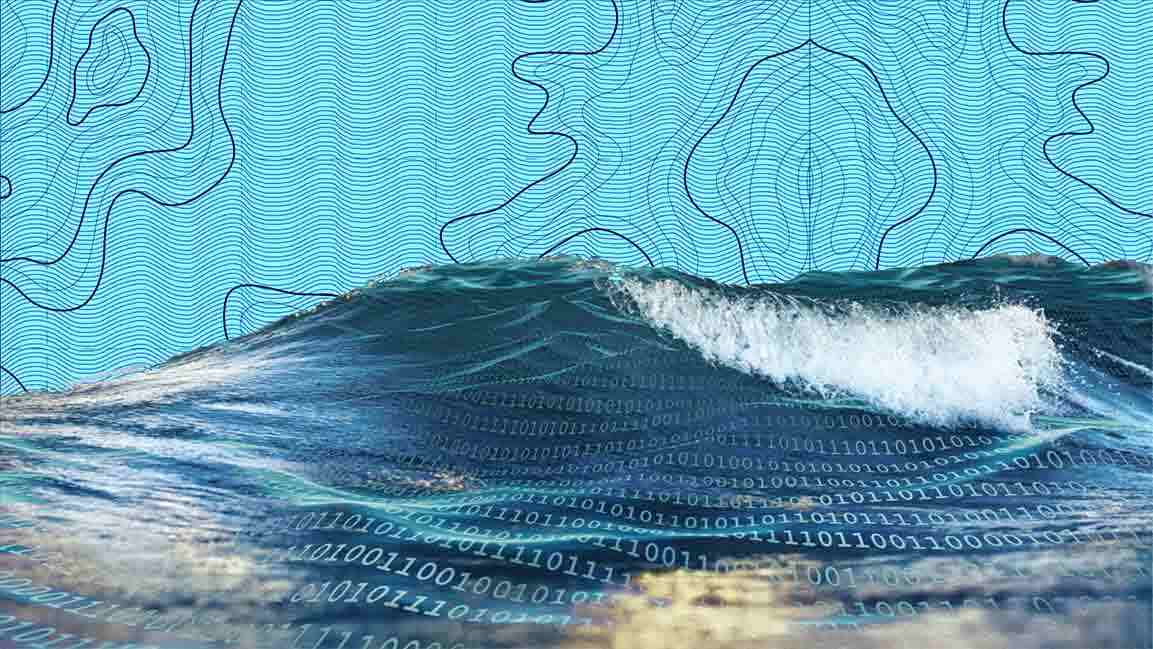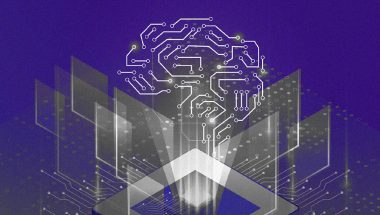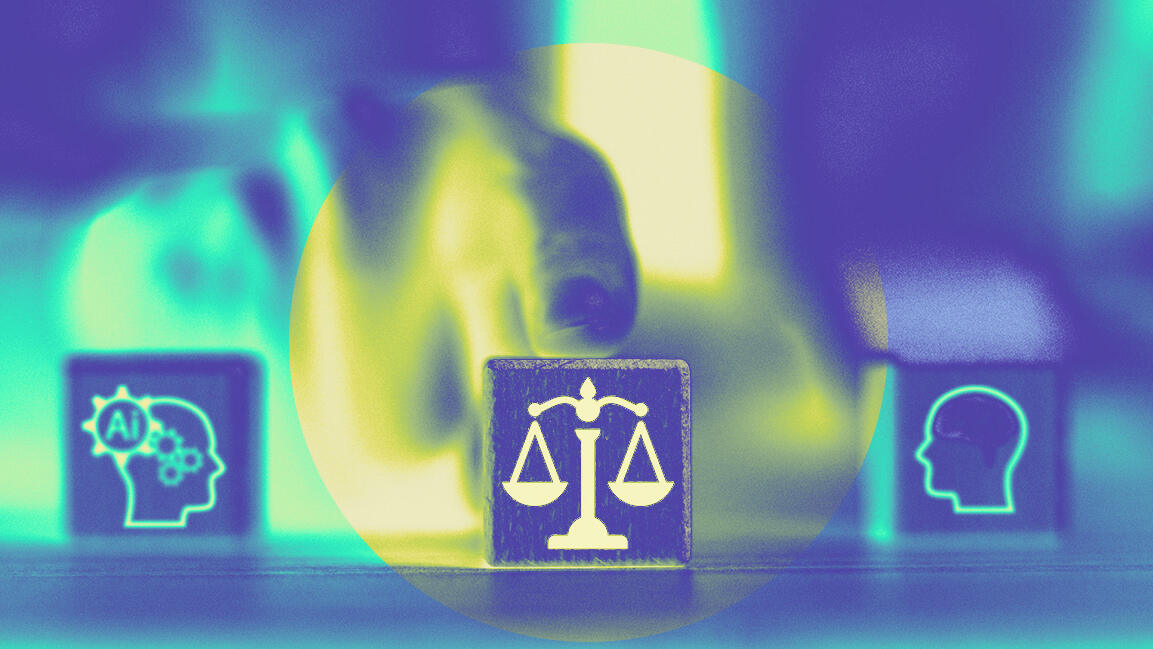- | Bayanat
Harnessing AI for sustainable ocean exploration
AI significantly improves data collection, analysis, and the decision- making process, thus helping sustainable ocean exploration

Artificial Intelligence (AI) is proving to be a game-changer in addressing the complex challenges of climate change, with its global adoption across various sectors and rapid uptake. The potential of AI in ocean exploration is astounding – while the ocean covers about 97% of the Earth’s surface, we have only explored approximately 5% to date.
AI-based technologies have empowered researchers to process and study large volumes of data from space, buoys, and other marine platforms, and also through delving into the depths of the sea utilizing autonomous systems to monitor the condition of our oceans. These systems use algorithms that can identify the sounds and signals of marine life, opening the possibility of discovering new, previously unknown species while monitoring the changes in marine habitats. The world has only found 240,000 marine species out of what is estimated to be 2.2 million, and AI technological innovations are going to be vital in unlocking hidden life within the vast ocean depths.
Experts from Bayanat, an AI-powered geospatial solutions company majority-owned by G42, highlight significant improvements brought about by AI in data collection, analysis, and decision-making. AI enables real-time data collection in a quicker, safer, and more environmentally-friendly way, all of which are crucial for sustainable ocean exploration.
The unique capabilities of AI lie in its ability to process vast amounts of data related to marine ecosystems, biodiversity, and pollution levels. This data provides invaluable insights into the effects of environmental changes, contributing to a deeper understanding of the current state of the oceans. We are witnessing some situations whereby the use of AI algorithms in ocean exploration has raised the labeling rate of data tenfold while drastically reducing human effort by about 80%.
Consequently, AI directly contributes to ocean resource conservation and promotes sustainable practices.
To effectively process the data, advanced AI methodologies need to be developed and deployed. Bayanat is actively involved in creating pioneering algorithms capable of processing massive amounts of oceanic data obtained from satellites, underwater video streams, and weather simulations through an AI-powered geospatial analytics platform called, gIQ.
gIQ has proven to be a powerful tool, enabling diverse applications, from space and marine exploration to unlocking new ways of extracting valuable insights from vast datasets in a cloud environment. It can also handle analytics over videos and text documents.
The advent of autonomous underwater vehicles (AUVs) equipped with AI algorithms has revolutionized ocean mapping and exploration. AI is crucial in identifying and tracking marine species by analyzing images and video footage captured by underwater cameras or drones. This data is essential for monitoring biodiversity, supporting conservation efforts, and understanding the impact of human activities on marine ecosystems.
AI’s capabilities in environmental monitoring and forecasting enable more effective ocean exploration. It can identify patterns, detect anomalies, and predict events like harmful algal blooms and coral bleaching. Early detection and prediction of such events enable proactive measures to safeguard marine ecosystems, making AI a vital tool in sustainable ocean initiatives.
Bayanat’s remote-sensing drone systems and data processing capabilities support OceanX’s social welfare mission, which revolves around studying the world’s oceans to protect and preserve the ocean ecosystems.
Looking ahead, Bayanat envisions an even greater role for AI in responsible ocean exploration. Advanced data analysis, accurate predictive abilities, and enhanced autonomous systems will become more readily available to researchers and decision-makers, equipping them with sophisticated data to better understand our oceans.
As more and more data will be available through various local and global initiatives, AI-powered platforms will foster collaborative knowledge sharing and decision-making among researchers and institutions, enabling global-scale data sharing, analysis, and collaboration. This interdisciplinary approach will accelerate scientific advancements and facilitate the adoption of best practices for ocean conservation and sustainable resource management.
As AI becomes more accessible, citizen science and public engagement will rise, empowering individuals to actively participate in data collection and marine protection. This data and collective knowledge will fuel the development of enhanced adaptive management and conservation strategies, paving the way for a sustainable future for our oceans.








































